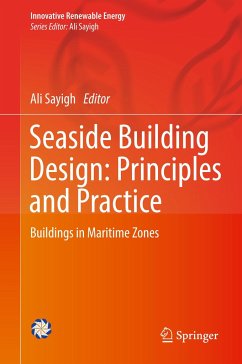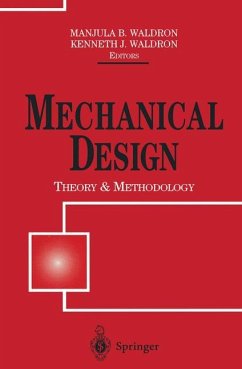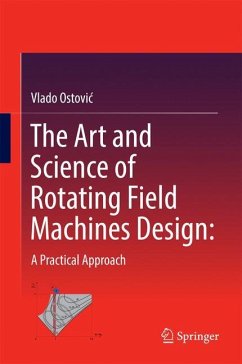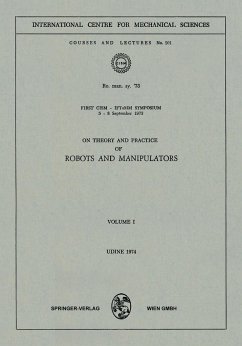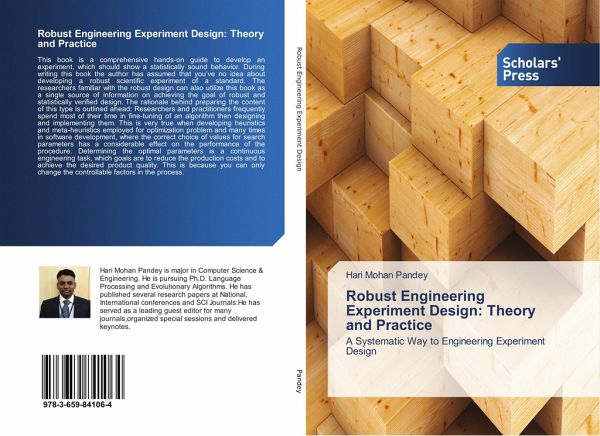
Robust Engineering Experiment Design: Theory and Practice
A Systematic Way to Engineering Experiment Design
Versandkostenfrei!
Versandfertig in 6-10 Tagen
40,99 €
inkl. MwSt.

PAYBACK Punkte
20 °P sammeln!
This book is a comprehensive hands-on guide to develop an experiment, which should show a statistically sound behavior. During writing this book the author has assumed that you've no idea about developing a robust scientific experiment of a standard. The researchers familiar with the robust design can also utilize this book as a single source of information on achieving the goal of robust and statistically verified design. The rationale behind preparing the content of this type is outlined ahead: Researchers and practitioners frequently spend most of their time in fine-tuning of an algorithm t...
This book is a comprehensive hands-on guide to develop an experiment, which should show a statistically sound behavior. During writing this book the author has assumed that you've no idea about developing a robust scientific experiment of a standard. The researchers familiar with the robust design can also utilize this book as a single source of information on achieving the goal of robust and statistically verified design. The rationale behind preparing the content of this type is outlined ahead: Researchers and practitioners frequently spend most of their time in fine-tuning of an algorithm then designing and implementing them. This is very true when developing heuristics and meta-heuristics employed for optimization problem and many times in software development, where the correct choice of values for search parameters has a considerable effect on the performance of the procedure. Determining the optimal parameters is a continuous engineering task, which goals are to reduce theproduction costs and to achieve the desired product quality. This is because you can only change the controllable factors in the process.



